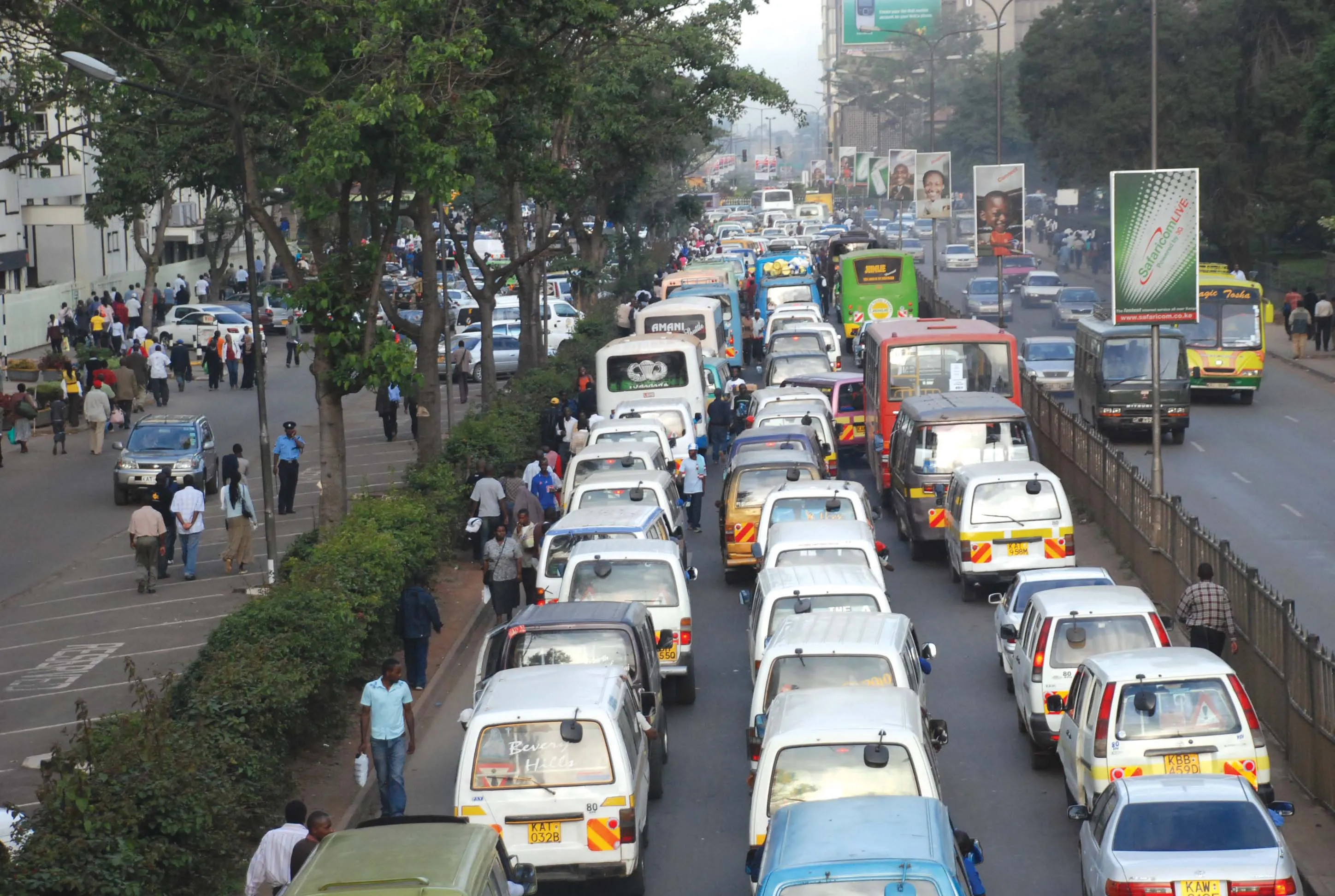Plans are being worked on that will attempt to reduce traffic congestion in Algerian capital Algiers. The city has a chronic traffic problem, with some 1.7 million registered vehicles circulating on a road network with insufficient capacity. Blocked routes and bottlenecks compound the problem in many areas so a new plan aims to address these issues by building new major and minor roads, underpasses and flyovers. Also included are multi-storey car parks, park and ride schemes and coach stations. The new plan
December 17, 2012
Read time: 1 min
Plans are being worked on that will attempt to reduce traffic congestion in Algerian capital Algiers. The city has a chronic traffic problem, with some 1.7 million registered vehicles circulating on a road network with insufficient capacity. Blocked routes and bottlenecks compound the problem in many areas so a new plan aims to address these issues by building new major and minor roads, underpasses and flyovers. Also included are multi-storey car parks, park and ride schemes and coach stations. The new plan will also require the installation and commissioning of new traffic lights and other traffic management technology. The transport plan forms part of a strategic roadmap for Algiers for the period 2009-2029.







